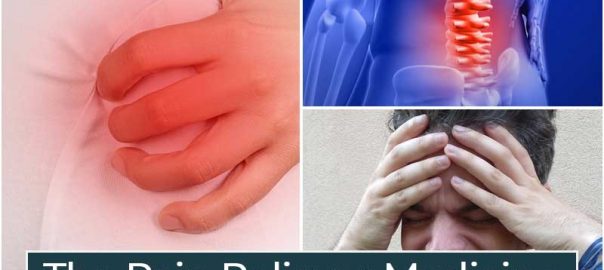Tramadol is a type of pain-relieving medicine.
- It relieves moderate to severe pain.
- After surgery this reduces pain.
- It is a typical short term medicine.
- It changes the way the Central Nervous system respond to pain.
- It works in the way your body feels and responds to pain.
ACTION:
Tramadol has two different reactions in the body. It is pain reliever and fever reducer. It changes the way your brain realize pain.
USES:
- Tramadol is an effective pain killer.
- Used as pain reliever post-surgery inhuman.
- Useful in depression.
- Effective in pain related to cancer and arthritis.
- Used post-surgery to reduce pain in cats and dogs.
- Given as cough suppressant in pets.
SIDE EFFECTS:
- Causes withdrawal symptoms like restlessness, watering eyes, runny nose.
- Other side effects like nausea and sweating.
- Sometimes creates addiction.
- Causes drowsiness and slow breathing along with alcohol and other drugs.
- Can face seizure attack due to overdose.
- A patient may experience vomiting and dry mouth.
- Pain in joints and muscle.
DISADVANTAGES:
- Avoid long term use of medicine due to its side effects.
- Long term use decreases the effect if drug.
- Unable to overcome severe pain alone
- A large dose can lead to seizure attack or even death.
- People with a history of kidney or liver problem should be alert to use it.
DOSAGES:
Generally, the doctor gives 1 to 2 – 50 mg tablet. It is available both in tablet and suspension. Dosage depends on the patient and his needs. It is necessary to take small doses for short period. Take it as the instruction given by the doctor. Long term use is risky.
- Long-acting (tablet & capsule)-one in a day.
- Regular -every 4 to 6 hours as needed.
PRECAUTIONS:
It is important to observe safety in certain cases like,
- Patient with drug or alcohol abuse.
- People having history of seizure.
- Those who take medicine for depression or other narcotics.
- People with kidney and liver diseases.
- Children under 16 years of age.
Tramadol is safer as compared to other pain killers. But precaution is necessary as it shows many side effects. Over dose and long term use of Tramadol can cause harmful side effects. Can even lead to death.





